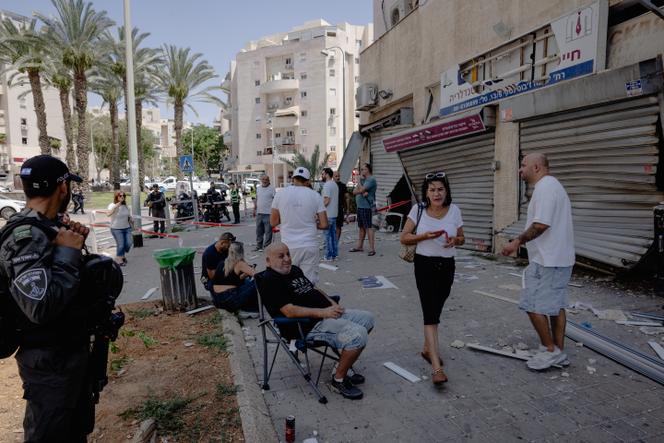


The sound of sirens and explosions has been replaced by a fog of questions over the consequences of the 12-day war between Israel and Iran: the solidity of the ceasefire announced by Donald Trump, the conditions for upholding it, the guarantees given to the warring parties, the room left for diplomacy, and the potential impacts on the war in Gaza – and, in fact, far beyond. "The dust has not yet settled," summed up Yossi Shain, a professor at Tel Aviv University. From the perspective of Israel, there are more questions than answers at this stage regarding the new balance of power in the Middle East. But there is certainty that the tectonic impact of this war is significant and that the last few days have profoundly shifted the diplomatic landscape in the Middle East.
On a regional scale, Iran has just suffered a humiliating defeat at the hands of its historic enemy and seen its deterrent capabilities weakened. "Thanks to this war, Israel managed to weaken Iran's nuclear program, its launch capabilities, but also its military industry and other strategic assets," said Ram Yavne, reserve brigadier general and former head of strategic planning for the General Staff. "The campaign against Iran ended without [Lebanese Shiite movement] Hezbollah firing even a single rocket in Israel's direction. An unimaginable achievement," wrote Tamir Morag, diplomatic correspondent for Channel 14 – whose target audience is Israeli Prime Minister Benjamin Netanyahu's base –on X. Iran, whose deterrence was partly based on the fear of retaliation, from its proxies, has found itself isolated.
You have 79.08% of this article left to read. The rest is for subscribers only.
